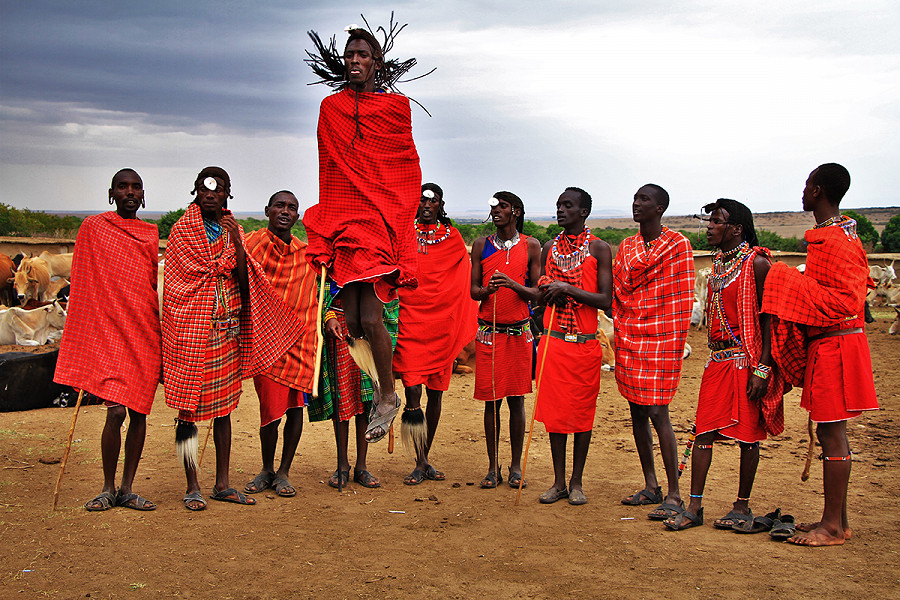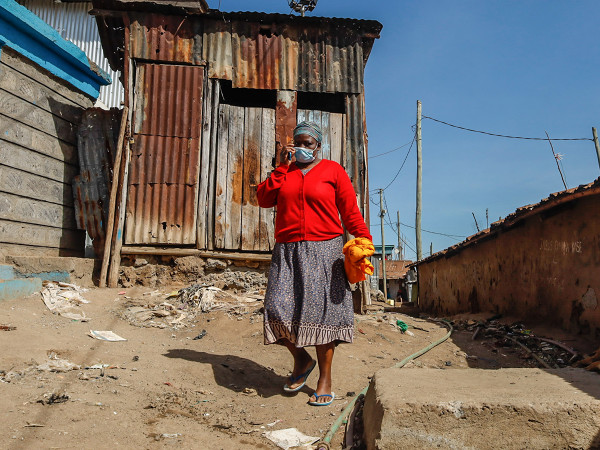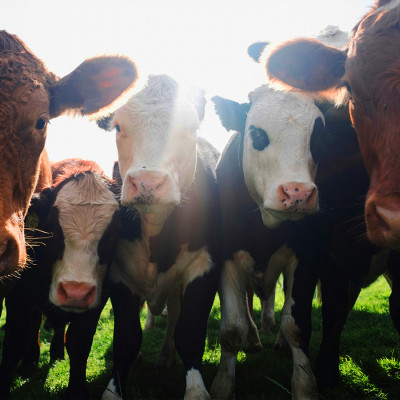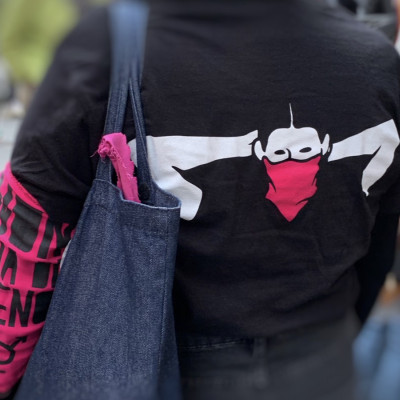Is Swahili becoming Africa’s official language?
- Indice dei contenuti
- The history and evolution of Swahili
- Use of Swahili to promote unity and diversity
The Oxford English Dictionary recently added the Swahili words asante sana (thank you), collabo (collaboration), and sambaza (send). These words are part of the culture and life in Swahili-speaking East African countries such as Kenya, Tanzania, and Uganda.
For Swahili speakers, this is seen as a milestone in spreading our language and culture across the globe. But, what does this mean for the African continent?
The history and evolution of Swahili
The earliest written form of Swahili or Kiswahili exists in literature dating back to the 18th Century. However, Swahili speaking emerged in the 19th Century as a result of Arab traders who settled on the East Coast of Africa for trading purposes. This is why many Swahili words are similar to those in Arabic. The language later spread to Uganda and even Congo through ivory and slave caravans.
European colonialists further adopted the language during the colonial era to administer their rule in the respective territories. This was the case with the Germans in Tanganyika (now Tanzania).
Today, Swahili has merged with local languages in different territories creating almost 15 dialects. The most common dialects forming the foundation of the Swahili language are Kiunguja, Kimvita, and Kiamu, which are spoken in Zanzibar, Mombasa, and Lamu respectively. Swahili may also be mixed with English and the culture of a State to create sheng (slang) that is often spoken among the youth part of the population.
Swahili’s popularity further receives a boost through the entertainment industry. Do you remember The Lion King movie? It is filled with Swahili words, references, and phrases including the famous Hakuna Matata!
Use of Swahili to promote unity and diversity
There are currently no official statistics on global Swahili speakers. Recent Bbc and UN articles claim it has more than 200 million speakers globally. Trends indicate this number will soon rise.
For one, Swahili is the first African language recognized by the UN through adopting the Unesco resolution 41 C/61. This resolution marks July 7 as the World Kiswahili Language Day in honor of professor Julius Nyerere’s Ujamaa (brotherhood/unity) philosophy.
As such, the African Union (“AU”) adopted Kiswahili as an official working language in february 2022. The action draws inspiration from the need for Africa to steer away from “languages of power” which are often coming from western countries. It is no coincidence that South Africa officially instated Swahili language classes in its national education system, as recommended by the AU. Moreover, Swahili is the official East African Community language as of 2017, with Uganda recently declaring it a national language.
UN experts claim that this move should promote unity while increasing both harmonization and interest in Africa’s cultural diversity. The language has proven to enhance integration in East Africa; however, it could be argued whether it may also enhance political relations among all African States. As the saying goes: Umoja ni nguvu (Unity is strength).












